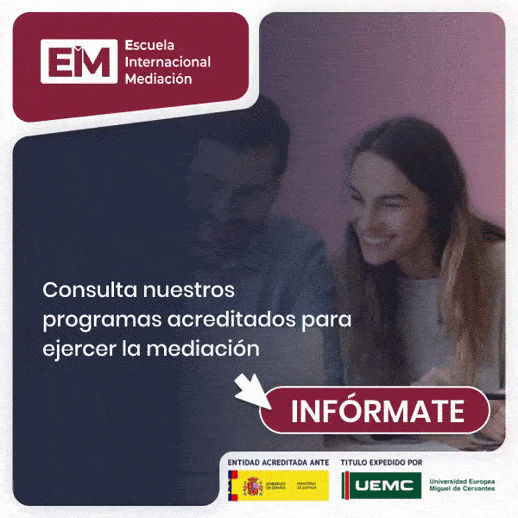
Article written by: Elisa Godino, author and professor of Civil and Commercial Mediation Course from Didactic Foundation XXI. Psychologist and family mediator.
dI have always known that I wanted to dedicate myself to the social field, so I specialized in topics related to intervention with families and couples therapy, fields that I developed at the COORDENADAS Family Guidance and Mediation Center. I still remember when I decided to make my first mediation course and The questions that were running through my mind about it: What really is Mediation? Why is it so important to use it to resolve family conflicts?
Mediation is an effective and useful conflict management alternative that encourages the positive and peaceful resolution of everyday problems that may arise in different areas of human relationships, such as family relationships.
But, Why is mediation considered the most appropriate means to resolve family conflicts?



